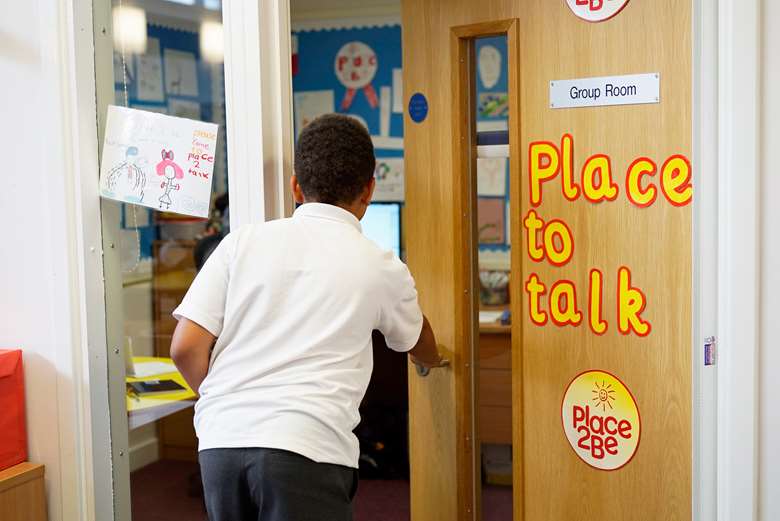Primary school counselling 'delivers six-fold return on investment'
Joe Lepper
Wednesday, April 25, 2018
Funding mental health counselling for primary school pupils can deliver a six-fold return on investment, analysis of a scheme involving more than 4,500 children has claimed.

Independent analysis of one-to-one mental health counselling, offered by children's mental health charity Place2Be across 2,151 primary schools, claims that for every £1 invested the service has the potential to deliver a social return of £6.20.
This saving is through improved long-term outcomes for each child, including their job prospects and earnings, as well as reduced rates of truancy, exclusion, smoking, depression and crime.
In total, 4,548 children were supported during 2016/17 at a cost of £4.2m and generated potential total savings of £25.9m, according to the analysis, which was carried out by Pro Bono Economics.
Of the £5,700 potential benefit per child, £3,568 is attributed to higher earning potential, with £2,050 achieved through increased tax revenue and lower spending on public services, such as health and criminal justice.
The analysis included an allowance that around half of any improvement to a young person's mental health would have occurred without counselling.
"We believe that all schools should be able to access evidence-based mental health support for their pupils, but they cannot do it alone," said Place2Be chief executive Catherine Roche.
"Investing in school-based support as well as training for school leaders and teachers will not only help children here and now, but will have a long-term benefit for them and the wider economy well into the future."
Pro Bono Economics co-founder Andy Haldane, who is also the Bank of England's chief economist, added: "An estimated one in 10 children and young people in the UK have a mental health condition.
"Without effective intervention, these conditions can have a significant impact on their life chances and result in significant long-term costs. These costs arise from a range of adverse outcomes for the individual, such as reduced earnings and increased government spending on education, social care, and youth and criminal justice."
A Department for Education survey carried out last year found that only around a half (56 per cent) of primary schools offer counselling services, compared with 84 per cent of secondary schools.
In December 2017 the government published a green paper outlining plans to improve mental health support for pupils.
This includes incentivising schools and colleges to appoint a designated mental health lead to co-ordinate support and link up with NHS services.
Also £215m is to be spent creating "mental health support teams" to improve joint working between schools and the NHS.




